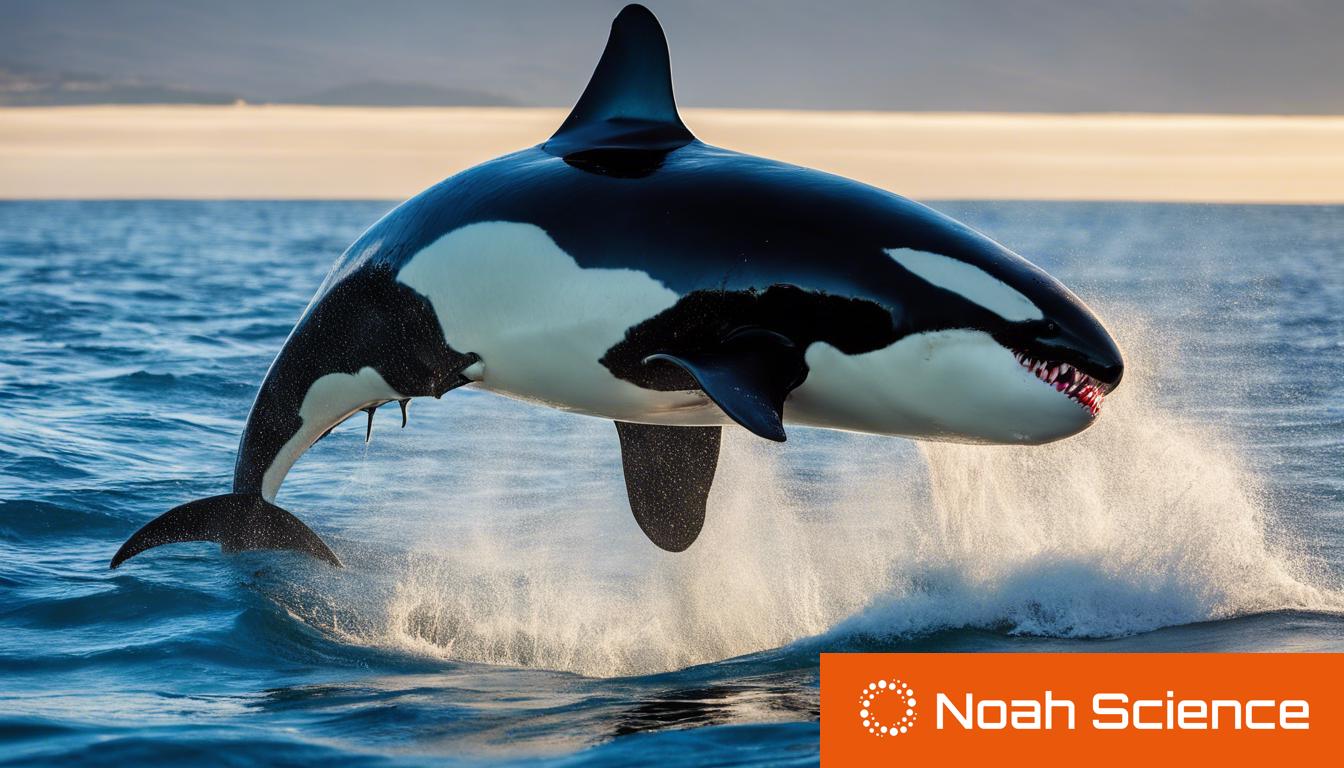In a remarkable sighting near Mossel Bay, South Africa, an orca named Starboard was documented executing a solo hunt and killing a juvenile great white shark, marking a significant discovery in marine biology.
In a groundbreaking display observed near Mossel Bay, South Africa, a lone killer whale, identified as Starboard, was documented attacking and killing a juvenile great white shark. This incident marks the first recorded instance of an orca predating on a great white shark independently, an event that was meticulously detailed and published in the African Journal of Marine Science.
The attack, which lasted less than two minutes, saw the orca efficiently eviscerating the shark and specifically targeting its liver, a nutrient-rich organ. This behavior underscores the killer whale’s sophisticated and precise hunting skills, challenging previously held notions that orcas only hunt in packs. Dr. Alison Towner from Rhodes University, along with other researchers and scientists, have expressed their astonishment and interest in this particular demonstration of marine mammal prowess.
Research efforts have been ongoing to monitor the activities of Starboard and its companion, Port, particularly their unique hunting strategies that focus on the livers of great white sharks. The implications of such predation patterns are vast, hinting at potential impacts on shark populations along the South African coast and raising questions about the dynamics within marine ecosystems.
This incident not only provides valuable insights into killer whale behavior but also underscores the complexity of marine food webs and the influence of apex predators. As scientists continue to study these interactions, the findings from this singular event contribute significantly to the broader understanding of marine biodiversity and the ecological balance within oceanic environments.













